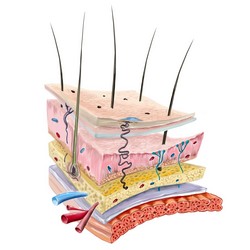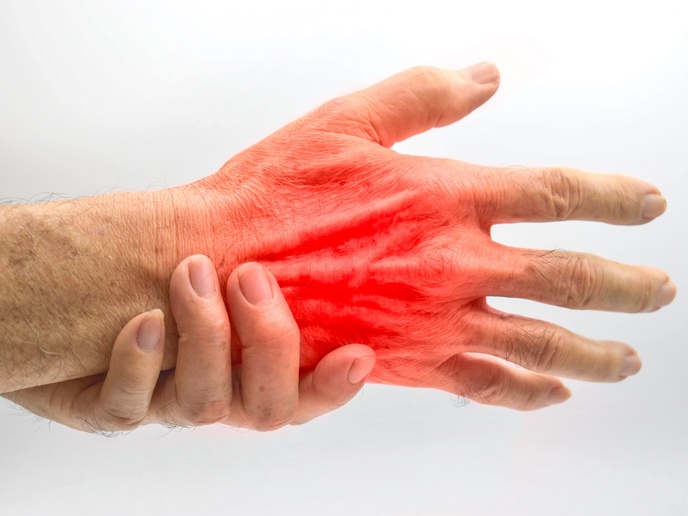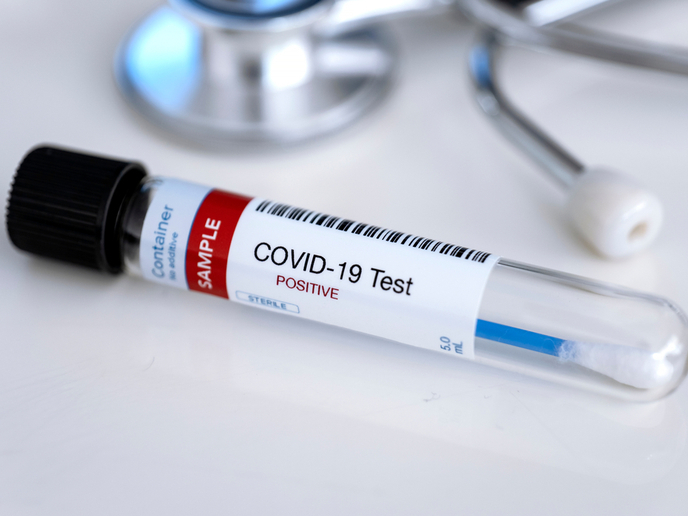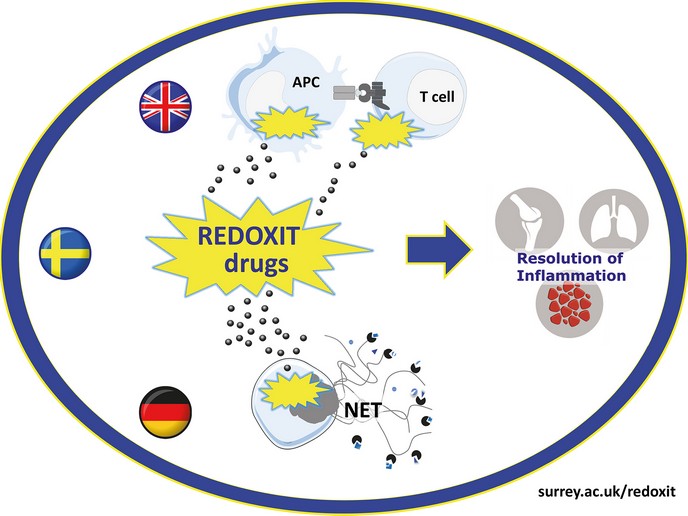New hope for pemphigus patients
Pemphigus is an autoimmune condition that presents with severe painful erosions of the mucous membranes and skin. It is mediated by autoantibodies against desmosome adhesion proteins, responsible for the mechanical integrity of the skin through cohesion of epidermal keratinocytes. However, the precise mechanism leading to autoantibody-mediated loss of keratinocyte adhesion is not understood. The EU-funded PEMPHIGUS (Pemphigus - From autoimmunity to disease) project investigated the factors contributing to autoimmunity in pemphigus. The project brought together scientists and clinicians who provided important knowledge on the autoimmune cascade of pemphigus. More specifically, the team characterised the nature and mapped the protein epitopes targeted by pemphigus patient autoantibodies during the disease course. In addition, they analysed the spectrum of pathogenic human autoantibodies, their epitope specificity and isotype profile. Furthermore, they determined the molecular events associated with skin pathology, and offered insight into the regulatory mechanism of immune tolerance to self-antigens. To analyse fundamental aspects of autoimmunity, researchers employed three different mouse models. They focused on the interaction of autoreactive CD4+ T cells and B cells as well as the regulation of central and peripheral tolerance to the major pemphigus autoantigen, desmoglein 3. Importantly, they utilised two internationally accepted clinical parameters of pemphigus, namely the autoimmune bullous disorder intensity score, and the pemphigus disease area score, as outcome measures of disease activity in a clinical trial. Finally, the consortium developed a protein microarray for the detection of autoantibodies in skin blistering diseases. This technique allows the simultaneous detection of autoantibodies in patient sera against a plethora of antigens to not only aid diagnosis but also analyse the impact of medical treatments. The project set the ground for an international pemphigus network capable of basic and clinical research in pemphigus and other autoimmune diseases. The obtained knowledge on the pathogenic epitopes will allow more specific disease diagnosis and monitoring. Results should also drive the design of novel therapeutic approaches in this life-threatening condition.







